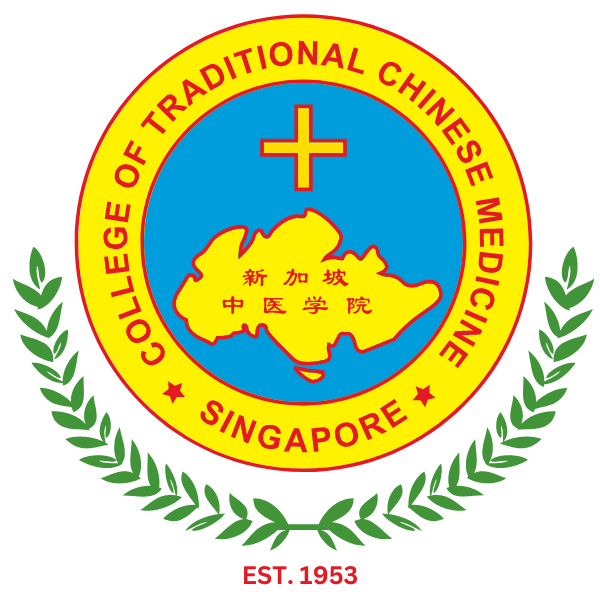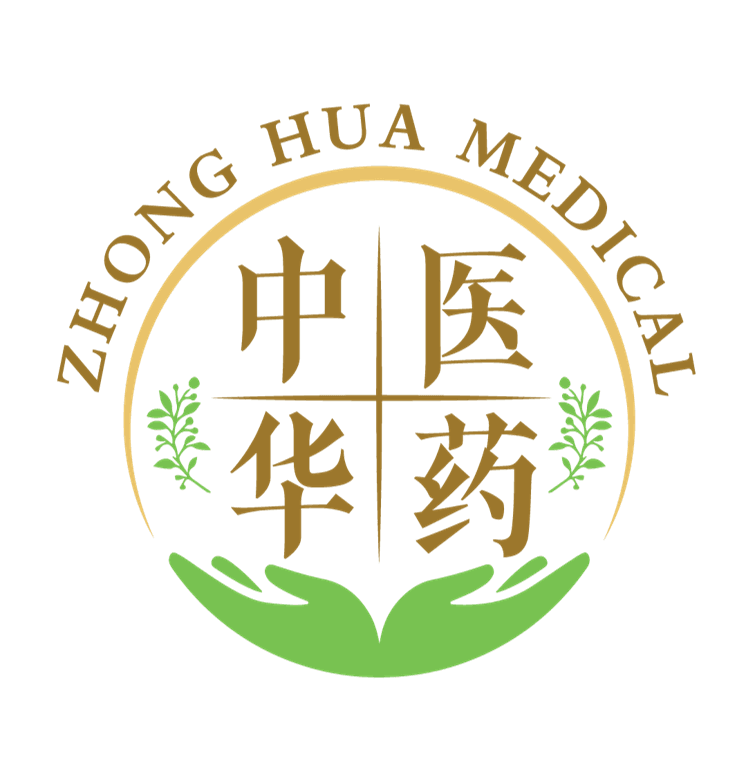Traditional Chinese Medicine (TCM) is an ancient alternative medical practice with a 2,000-year history. According to TCM, the body, mind, and spirit are all interconnected, and achieving balance and harmony between all three is key to ensuring overall health.
Rather than individual symptoms, TCM looks at the whole person to evaluate their state of wellness. This includes their diet, sleep habits, environment, emotional health, and much more.
Incorporating TCM practices into your daily routine can have a profound impact on long-term wellness. These habits can help balance the body’s qi, or life energy, leading to better mental clarity and stronger physical health.
4 Ways to Integrate TCM Practices in Your Everyday Routine
You do not have to wait to develop ailments or symptoms before seeking out TCM methods for improved health. Here are some basic TCM practices that you can integrate into your daily life to help promote long-term mental and physical wellness.
1. Diet
Based on TCM principles, all food and drink have properties that affect our bodies’ energy.
Food can have the thermal properties of being either warm or cold. Warm foods increase the body’s internal temperature and energy levels, help promote blood circulation, and counteract feelings of fatigue or weakness.
To add more warming foods to your diet, consider:
- Fruits like guava, Chinese red dates, and mango.
- Vegetables like leeks, onions, and pumpkin.
- Grains and nuts like chestnuts, glutinous rice, and walnuts.
- Proteins like chicken, shrimp, and goat milk.
- Drinks like coffee and wine.
Meanwhile, cooling foods help remove excessive heat in the body, reduce inflammation, and calm conditions like restlessness and anxiety.
To add more cooling foods to your diet, consider:
- Fruits like watermelons, pears, and apples.
- Vegetables like cucumber, celery, and leafy greens.
- Grains like barley, soy, and whole wheat.
- Proteins like crab and eggs.
- Drinks like coconut water and cold herbal teas.
TCM advises eating all foods in balance and moderation to ensure optimal health, prioritising fresh and minimally processed meats, fruits, vegetables, and grains.
Additionally, TCM places great importance on cooking your food thoroughly and consuming it warm. Eating too many cold and raw foods can disrupt digestive health, while well-cooked meals are easier to digest, allowing the body to absorb essential nutrients more effectively.
Moreover, diet according to TCM guidelines is not just about what you eat, but how. It is recommended to sit down while eating and avoid rushing or multitasking during meals. Chew your food thoroughly, and make sure to eat regular meals at consistent times, without skipping.
Scientific research supports these habits, showing that eating meals at irregular times can lead to weight gain and high blood pressure. On the other hand, not chewing your food properly can cause bloating, constipation, and low energy levels, among other complaints.
2. Meditation & Mindful Movement
Meditation has been shown to effectively reduce symptoms of anxiety, depression, and even chronic pain. By fostering a deep state of relaxation, meditation can help regulate the nervous system, leading to significant improvements in mental and physical health.
Alongside meditation, TCM also promotes regular, gentle exercise—-like stretching, tai chi, yoga, and qigong—as a way to support long-term wellness.
A key benefit of meditation and mindful exercise is their ability to reduce cortisol in the body, which is the hormone released when one experiences physical and emotional stress. Cortisol plays a crucial role in regulating various functions such as the body’s metabolism rate, blood sugar levels, and immune system activity.
However, when cortisol levels remain elevated for extended periods due to stress, negative health effects like a weakened immune system, poor sleep quality, and memory problems can occur.
Research has shown that mindfulness practices like meditation, deep breathing, and yoga activate the parasympathetic nervous system. This system promotes relaxation and helps counteract the effects of cortisol in the body.
Meditation and gentle exercise help lower elevated cortisol levels, which in turn slows the heart rate and reduces blood pressure. This restores balance to your body, improving digestion, boosting immune function, and enhancing sleep quality.
3. Rituals
TCM states that the human body follows an internal “clock” that dictates the optimal times for various activities such as eating, resting, working, and more.
Scholars of TCM have identified that qi energy flows through different organs at specific times of the day, and by aligning our daily routines with these natural rhythms, we can achieve optimal health and functioning.
Here is a breakdown of some key periods in our internal clock, according to TCM, and the activities that are most beneficial during those hours:
7 am to 9 am
- Qi of the stomach is strongest.
- The ideal time for eating breakfast.
9 am to 11 am
- The spleen is the most active.
- Dive into work that requires heavy focus and concentration.
5 pm to 7 pm
- Governed by the qi of the kidney.
- The best time to have dinner and wind down for the day.
This concept of an internal body clock in TCM aligns closely with what modern science refers to as circadian rhythms. The circadian rhythm, also known as the biological clock, regulates many bodily processes over a roughly 24-hour period, including our sleep cycle and metabolism.
Disruptions to this natural clock, such as irregular sleep patterns or poor sleep hygiene, can have significant negative effects. Insomnia, changes in appetite, cardiovascular issues, and hormonal imbalances are just some of the consequences of a disturbed circadian rhythm.
In both TCM and modern medicine, it is clear that respecting the body’s natural cycles can foster better health and vitality.
4. Herbs
TCM offers a wide range of herbal teas and soups that not only support overall health but also help restore balance to the body’s qi. These remedies are designed to address various health imbalances, strengthen the immune system, improve digestion, and promote vitality.
Here are some popular herbs used in TCM and their key health benefits:
- Ginger: Aids digestion, warms the body, and relieves nausea.
- Goji berries: Improves vision and strengthens the immune system.
- Ginseng: Supports energy and vitality.
- Licorice: Reduces stress and boosts immunity.
Studies have proven the powerful antioxidant, anti-inflammatory, and immune-boosting properties of these herbs, and their effectiveness in protecting the body against various health conditions.
TCM practitioners recommend consuming herbal teas or soups, either as part of a balanced diet or as a specific, prescribed remedy for a health condition.
Food like ginseng chicken soup, ginger tea, and goji berry fruit smoothies are some ways you can try consuming these beneficial herbs.
However, while herbs can be beneficial for long-term wellness, it is best to consult with a TCM practitioner before introducing new herbs into your routine. A qualified expert can provide you with the right recommendations for your health status and specific wellness needs.
Boost Your Long-Term Health With Everyday TCM Practices
TCM offers a comprehensive and holistic approach to improving both physical and mental wellness.
By understanding and applying the principles of TCM, you can cultivate daily habits that support your body’s natural rhythms, prevent illness, and enhance your overall quality of life as you age.
To learn more about how TCM habits can support your long-term health, contact Zhong Hua Medical through our website. You may also schedule a consultation with one of our experienced practitioners in Singapore today.




